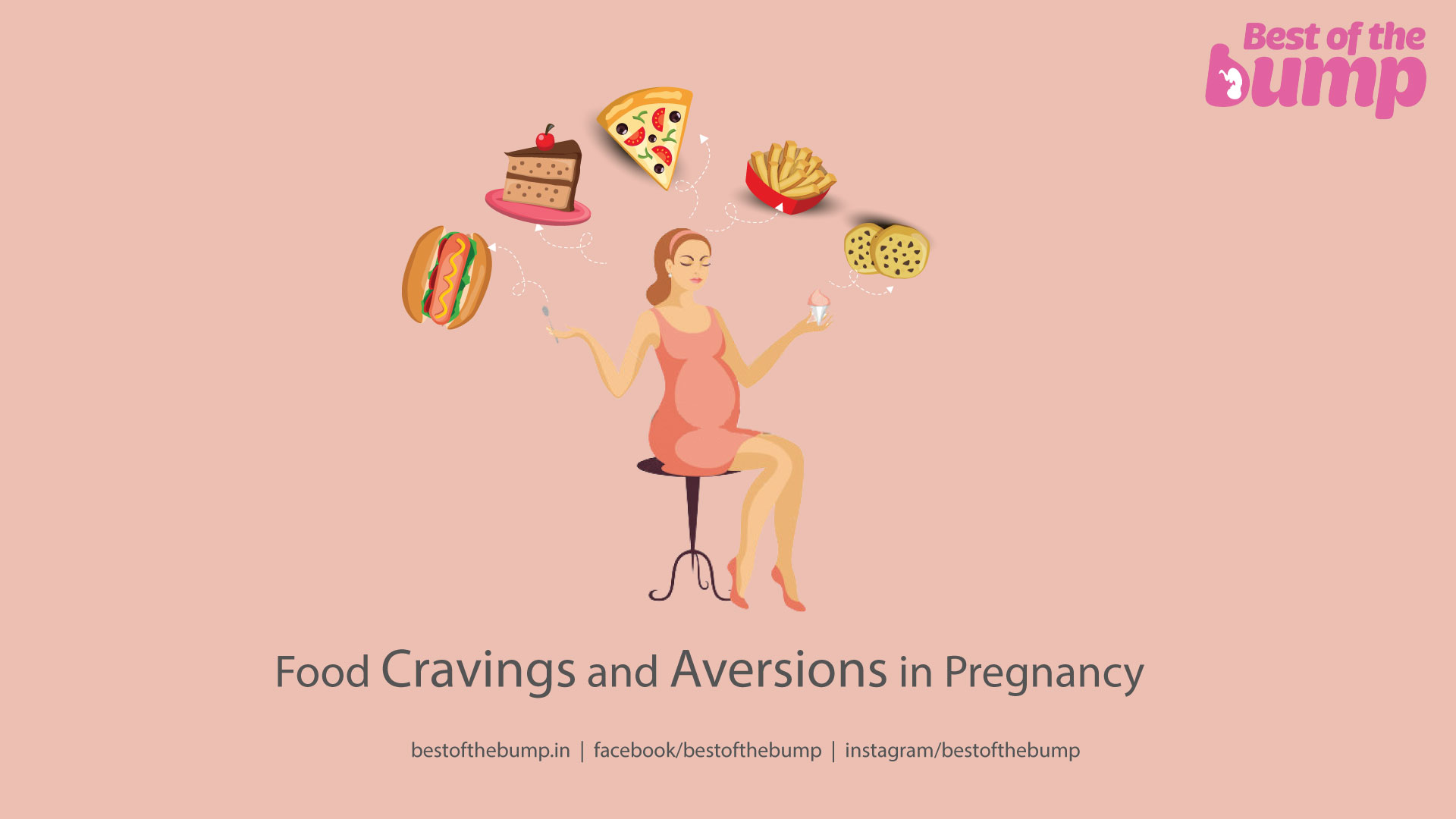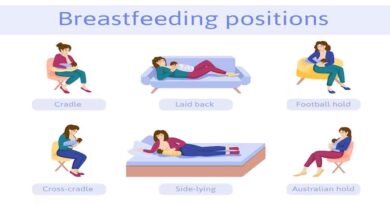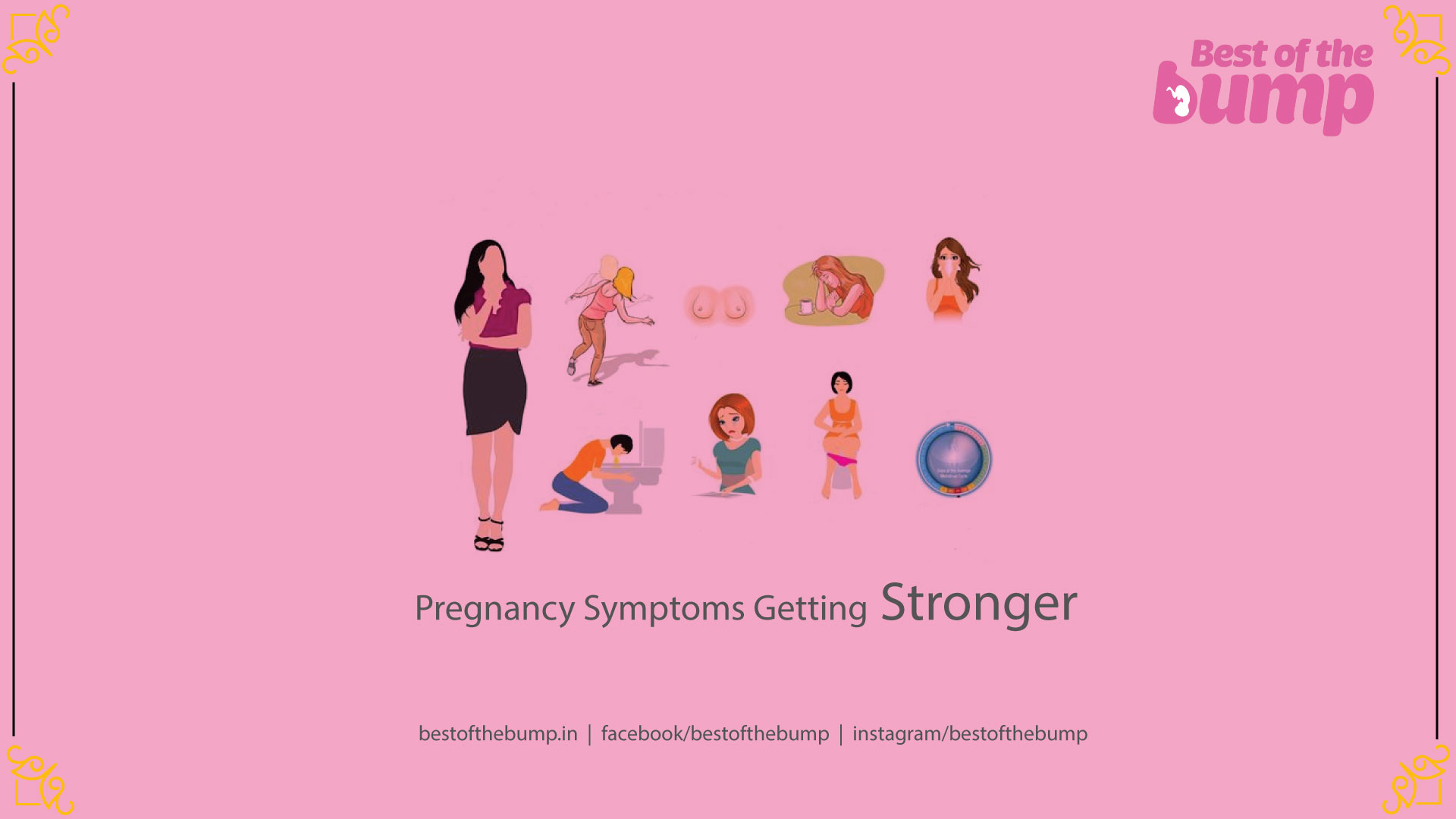Is Diarrhea a Sign of Pregnancy?
Discover the intriguing connection between diarrhea and pregnancy in our in-depth guide. Learn about the potential causes, when to seek medical attention and effective management strategies. Navigate your pregnancy journey with confidence and knowledge.
Pregnancy is a unique and transformative journey that brings about a multitude of physical and hormonal changes in a woman’s body. While there are well-known pregnancy symptoms such as morning sickness, fatigue, and food cravings, many individuals wonder if diarrhea can also be a sign of pregnancy. In this comprehensive guide, we will delve into the complex relationship between pregnancy and diarrhea, exploring the potential causes, when to be concerned, and how to manage this common gastrointestinal issue during pregnancy.
Understanding Pregnancy Symptoms
Before we dive into the specifics of diarrhea during pregnancy, it’s essential to grasp the broader context of pregnancy symptoms. When a woman becomes pregnant, her body undergoes significant changes to accommodate the developing fetus. These changes are primarily driven by hormonal fluctuations, which can have various effects on the body, including:
Hormonal Surges
Pregnancy triggers an increase in hormones like estrogen and progesterone. These hormonal changes play a vital role in supporting the pregnancy, but they can also affect various body systems, including the gastrointestinal tract.
Slowed Digestion
Progesterone, a hormone crucial for maintaining pregnancy, can lead to the relaxation of the smooth muscle in the gastrointestinal tract. This relaxation can slow down the movement of food through the intestines, potentially causing constipation or diarrhea.
Morning Sickness
Nausea and vomiting, often referred to as morning sickness, are common early pregnancy symptoms. While these symptoms are associated with the stomach, they can sometimes affect the entire digestive system, including the bowels.
Given these complexities, it’s not surprising that some women experience changes in their bowel habits during pregnancy, including diarrhea.
Diarrhea as a Sign of Pregnancy: Is It Common?
While diarrhea is not typically considered one of the hallmark symptoms of pregnancy, it is relatively common for expectant mothers to experience changes in bowel habits. Diarrhea can manifest at various stages of pregnancy, from early pregnancy to the third trimester. Let’s explore some of the reasons why this gastrointestinal issue may occur during pregnancy:
Hormonal Changes
As mentioned earlier, hormonal fluctuations are a hallmark of pregnancy. Elevated levels of certain hormones can relax the muscles of the gastrointestinal tract, potentially leading to diarrhea. This is more likely to occur in the early stages of pregnancy.
Prenatal Vitamins
Many pregnant women take prenatal vitamins to ensure they receive essential nutrients. Some prenatal vitamins contain iron, which can be constipating for some individuals. In response, the body may overcompensate by producing loose stools or diarrhea.
Diet and Food Aversions
Pregnant women often experience changes in their dietary preferences and aversions. These changes can lead to shifts in food choices, and consuming new or unfamiliar foods may upset the digestive system and result in diarrhea.
Stress and Anxiety
The emotional and psychological aspects of pregnancy can also influence bowel habits. Stress and anxiety are common during pregnancy, and they can contribute to gastrointestinal disturbances, including diarrhea.
Infections and Foodborne Illness
Pregnant women are more susceptible to certain infections, including foodborne illnesses that can cause diarrhea. It’s crucial to practice food safety and hygiene during pregnancy to minimize this risk.
Medications and Supplements
Some medications or supplements prescribed during pregnancy may have gastrointestinal side effects, including diarrhea. Always consult with your healthcare provider about the potential side effects of any medications or supplements you are taking.
Late Pregnancy and Labor
In the later stages of pregnancy, as the body prepares for labor, hormonal changes, and physical adjustments can affect the digestive system. Some women may experience diarrhea as a prelude to labor.
When to Be Concerned: Red Flags
While occasional episodes of diarrhea during pregnancy are generally considered normal, there are instances where it could signal an underlying issue that requires medical attention. Here are some red flags to watch for:
Dehydration
Prolonged or severe diarrhea can lead to dehydration, which can be dangerous during pregnancy. Signs of dehydration include excessive thirst, dark urine, dry mouth, and dizziness.
Blood in Stools
If you notice blood in your stools or experience rectal bleeding, seek immediate medical attention, as this could indicate a more serious problem.
Persistent or Severe Diarrhea
If diarrhea continues for an extended period, is exceptionally severe, or is accompanied by other concerning symptoms such as abdominal pain or fever, contact your healthcare provider.
Decreased Fetal Movement
If you experience diarrhea along with a noticeable decrease in fetal movement, contact your healthcare provider for evaluation.
Diarrhea with Other Symptoms
Diarrhea accompanied by symptoms like vomiting, high fever, or signs of infection should be promptly addressed by a healthcare professional.
Preterm Labor Concerns
In the later stages of pregnancy, diarrhea could be a sign of preterm labor. If you’re experiencing diarrhea along with contractions, pelvic pressure, or a change in vaginal discharge, contact your healthcare provider immediately.
It’s crucial to maintain open communication with your healthcare provider throughout your pregnancy journey. If you have any concerns about diarrhea or any other symptoms you’re experiencing, do not hesitate to reach out for guidance and evaluation.
Managing Diarrhea During Pregnancy
If you’re experiencing mild diarrhea during pregnancy without any concerning symptoms, there are several strategies you can employ to manage the condition:
Stay Hydrated
Drink plenty of fluids to prevent dehydration. Water, clear broths, and oral rehydration solutions can help replace lost fluids and electrolytes.
Monitor Your Diet
Pay attention to your diet and try to identify any trigger foods that may exacerbate diarrhea. Avoid greasy, spicy, or overly rich foods.
Fiber Intake
Consuming high-fiber foods like whole grains, fruits, and vegetables can help regulate bowel movements. However, introduce fiber gradually to avoid exacerbating diarrhea.
Probiotics
Some pregnant women find relief from diarrhea by taking probiotic supplements or consuming probiotic-rich foods like yogurt. Discuss this option with your healthcare provider.
Medications
Over-the-counter antidiarrheal medications should only be taken under the guidance of your healthcare provider, as some may not be safe during pregnancy.
Stress Reduction
Engage in stress-reduction techniques such as prenatal yoga, meditation, or deep breathing exercises to help manage emotional triggers that may contribute to diarrhea.
Remember that individual experiences with diarrhea during pregnancy can vary widely. What works for one person may not work for another, and it’s crucial to prioritize your comfort and well-being.
In conclusion, while diarrhea is not typically listed as one of the classic pregnancy symptoms, it can occur during pregnancy due to a range of factors, including hormonal changes, dietary shifts, and stress. In most cases, mild diarrhea is not a cause for alarm and can be managed with simple dietary adjustments and self-care measures.
However, if you experience persistent or severe diarrhea, dehydration, blood in stools, or any other concerning symptoms, it’s essential to seek prompt medical attention. Your healthcare provider can help identify the underlying cause and provide appropriate guidance and treatment.
As with any aspect of pregnancy, maintaining open communication with your healthcare provider and trusting your instincts are key. Every pregnancy is unique, and your healthcare provider is your best resource for addressing your specific concerns and ensuring a safe and healthy pregnancy journey.
See This Also-
- What is the Benefits & Side Effects of Olive Oil in Pregnancy?
- Is Bloating a Sign of Pregnancy?
- How to avoid Pregnancy Naturally?
- Pregnancy And A Heightened Sense Of Smell
- What is the Glucose Test During Pregnancy?
- How Many Ultrasounds Will I Have During My Pregnancy?




